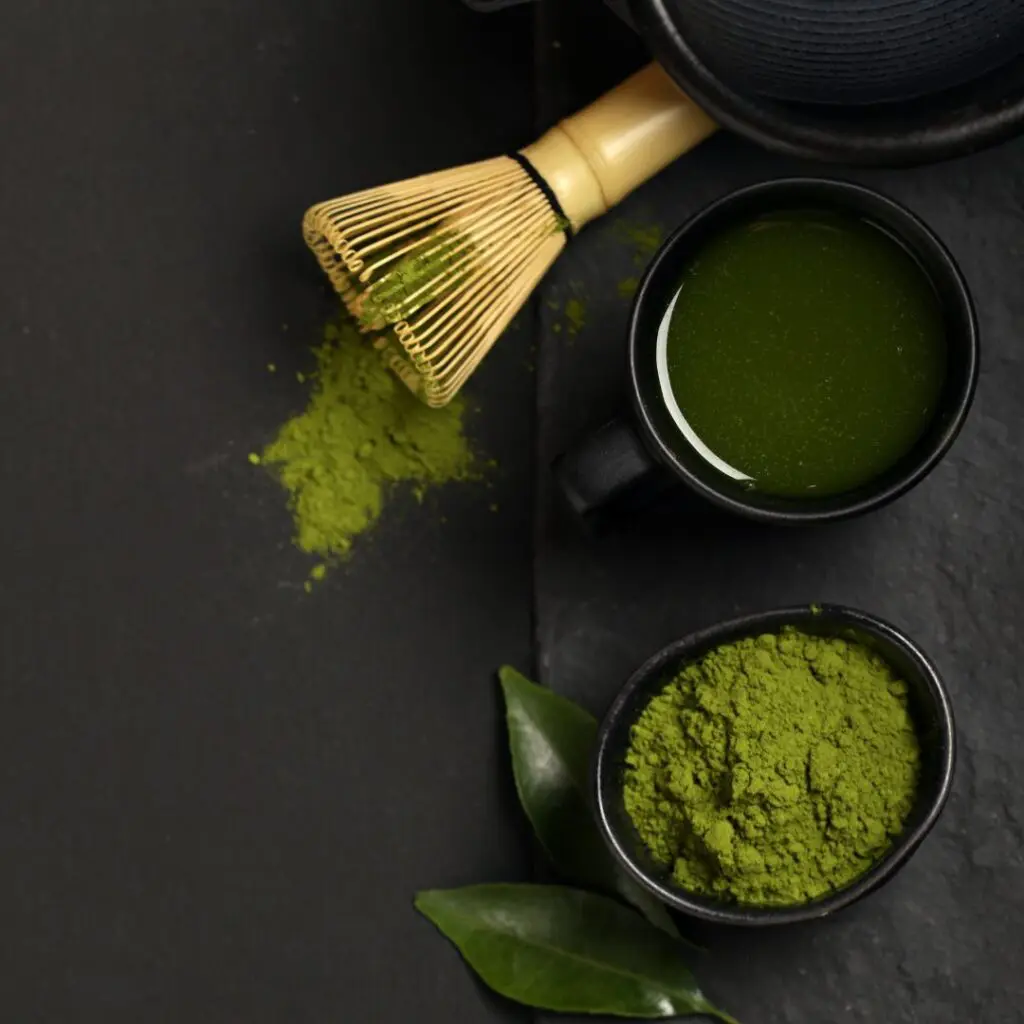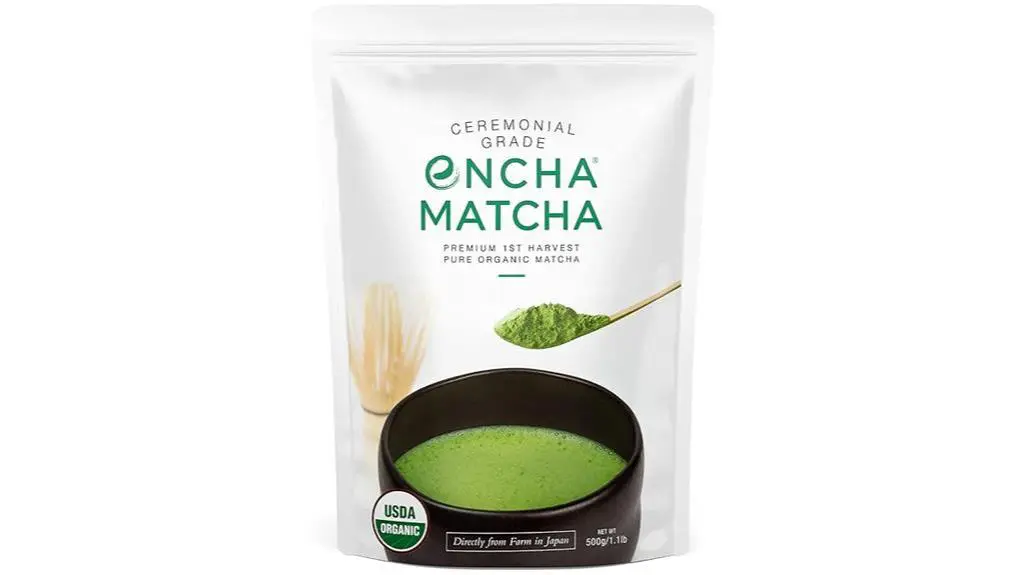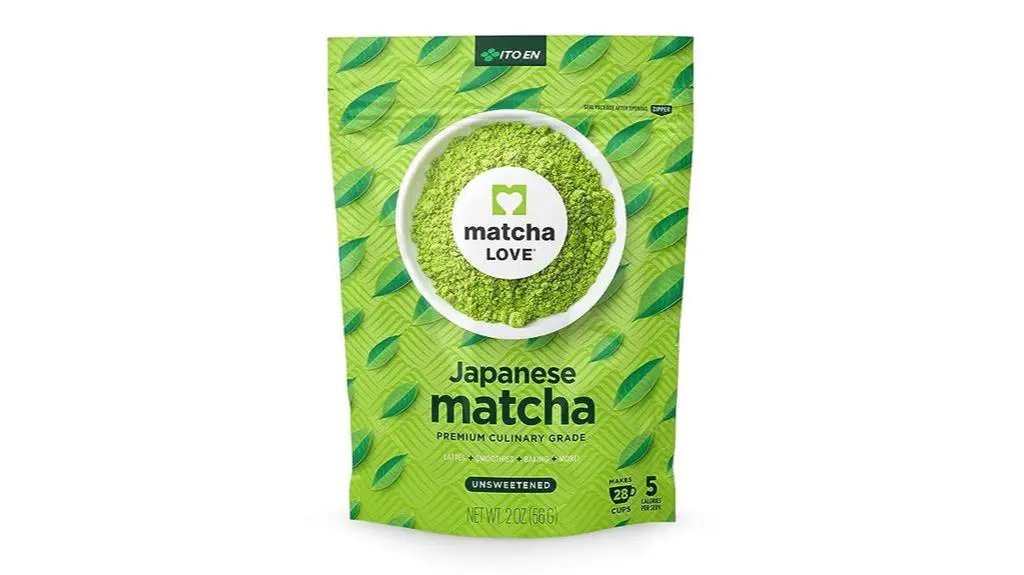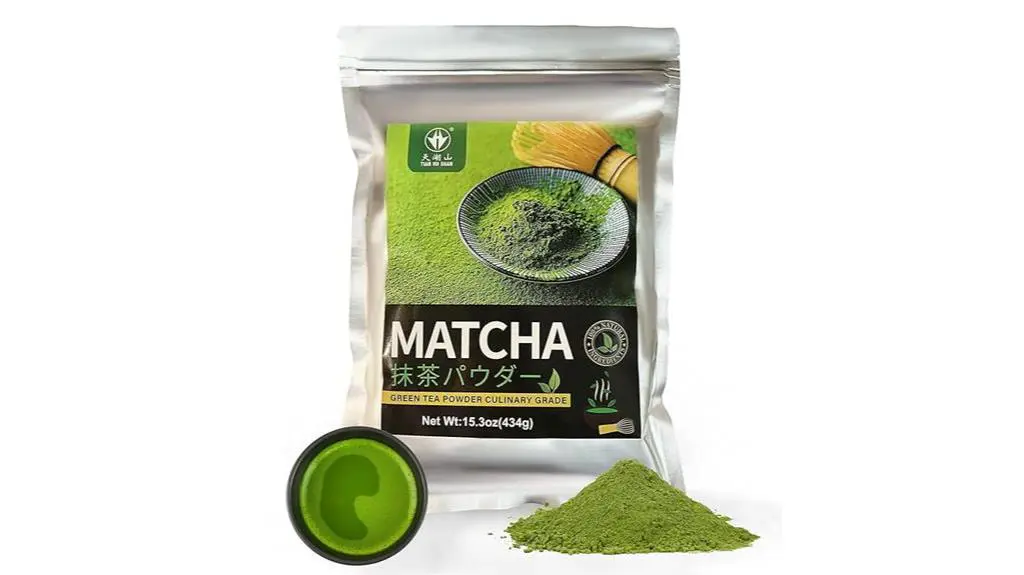

Is matcha good for you? This question has been buzzing in the health and wellness community, and today, we’re diving deep into the world of this vibrant green powder to uncover the truth. Matcha, a finely ground green
What Exactly Is Matcha?
Before we delve into why is matcha good for you, it’s essential to understand what matcha is. Matcha is a type of green
The process of creating matcha is meticulous and steeped in tradition.
Is Matcha Good for You? The Nutritional Powerhouse
So, is matcha good for you? The short answer is a resounding yes! Matcha is packed with an impressive array of nutrients that contribute to its numerous health benefits. Let’s break down the nutritional profile of matcha:
- Antioxidants: Matcha is rich in catechins, particularly epigallocatechin gallate (EGCG), a potent antioxidant.
- Vitamins: It contains vitamins A, C, E, K, and B-complex.
- Minerals: Matcha provides calcium, iron, potassium, and zinc.
- Amino Acids: L-theanine, an amino acid known for its calming effects, is abundant in matcha.
- Fiber: A serving of matcha contains a small amount of dietary fiber.
- Chlorophyll: The high chlorophyll content gives matcha its vibrant green color and detoxifying properties.
This nutrient-dense profile is a key reason why is matcha good for you. By incorporating matcha into your diet, you’re providing your body with a wide range of essential nutrients in a single serving.
7 Compelling Reasons Why Is Matcha Good for You
Now that we’ve established the nutritional foundation, let’s explore the specific health benefits that answer the question, “Is matcha good for you?”
1. Powerful Antioxidant Properties
Matcha is renowned for its high antioxidant content, particularly catechins. These antioxidants help protect your cells from damage caused by free radicals, potentially reducing the risk of chronic diseases and slowing the aging process. The antioxidant content in matcha is significantly higher than that found in other superfoods, making it a potent ally in your quest for optimal health.
2. Sustained Energy Boost
Is matcha good for you when it comes to energy? Absolutely! Matcha contains caffeine, but its effects are different from those of coffee. The caffeine in matcha is released slowly over 6-8 hours, providing a sustained energy boost without the jitters or crash often associated with coffee. This is due to the presence of L-theanine, which works synergistically with caffeine to provide a state of calm alertness.
3. Enhanced Cognitive Function
The unique combination of caffeine and L-theanine in matcha has been shown to improve cognitive performance. Is matcha good for you when it comes to mental clarity? Research suggests that it can enhance memory, reaction time, and attention span. This makes matcha an excellent choice for those looking to boost their productivity and focus.
4. Supports Heart Health
Regular consumption of matcha may contribute to better heart health. Studies have shown that the catechins in matcha can help lower bad cholesterol levels and reduce the risk of heart disease. This is another compelling reason why is matcha good for you, especially for those concerned about cardiovascular health.
5. Potential Weight Loss Aid
Is matcha good for you if you’re trying to manage your weight? It might be! The compounds in matcha, particularly EGCG, have been shown to boost metabolism and increase fat burning. While matcha alone isn’t a magic weight loss solution, it can be a beneficial addition to a healthy diet and exercise regimen.
6. Detoxification Properties
The high chlorophyll content in matcha gives it potent detoxifying properties. Chlorophyll helps remove toxins and heavy metals from the body, supporting overall health and well-being. This detoxifying effect is another reason why is matcha good for you, especially in our modern world filled with environmental pollutants.



Konnichiwa! (Hello!) I'm Pat Tokuyama, a Japanese tofu cookbook author, who travels for music, food, and adventure. If you like Japanese tea, checkout some of the newestorganic japanese tea, matcha bowls and noren and more!
** Curious about the Plant Based Japanese Cooking Club? ** Learn more here!
7. Immune System Support
Matcha is rich in antioxidants and nutrients that can help strengthen your immune system. Regular consumption of matcha may help your body better defend against infections and illnesses, contributing to overall health and vitality.
How to Incorporate Matcha into Your Diet
Now that we’ve answered the question “Is matcha good for you?” with a resounding yes, let’s explore how to incorporate this superfood into your daily routine:
- Traditional Matcha
Tea : Whisk 1-2 teaspoons of matcha powder with hot water for a traditional matchatea experience. - Matcha Latte: Mix matcha with steamed milk of your choice for a delicious and nutritious latte.
- Smoothies: Add a teaspoon of matcha to your morning smoothie for an extra nutrient boost.
- Baking: Incorporate matcha into baked goods like muffins, cookies, or bread for a unique flavor and color.
- Matcha Ice Cream: Make a healthy dessert by blending matcha with frozen bananas and a splash of milk.
- Face Masks: Harness the antioxidant properties of matcha by creating a DIY face mask for glowing skin.
Potential Side Effects and Precautions
While we’ve established that matcha is good for you, it’s important to note that moderation is key. Some potential side effects to be aware of include:
- Caffeine Sensitivity: Although matcha’s caffeine is released slowly, those sensitive to caffeine should consume it in moderation.
- Interactions with Medications: The compounds in matcha may interact with certain medications. Consult your healthcare provider if you have concerns.
- Lead Contamination: While rare, some matcha products may contain trace amounts of lead. Choose high-quality, reputable sources for your matcha.
Conclusion: Embracing the Matcha Lifestyle
So, is matcha good for you? The evidence overwhelmingly suggests that it is. From its impressive nutritional profile to its numerous health benefits, matcha offers a unique and powerful way to support your overall well-being. Whether you’re looking to boost your energy, enhance your focus, or simply enjoy a delicious and nutritious beverage, matcha has something to offer.
Remember, the key to enjoying matcha is moderation and proper preparation. Start with small amounts, experiment with different preparation methods, and listen to your body. With its unique properties and rich cultural heritage, matcha offers more than just health benefits – it provides a holistic approach to wellness that can enhance your daily life.
By incorporating matcha into your routine, you’re not just embracing a trendy superfood; you’re tapping into centuries of tradition and a wealth of health benefits. So go ahead, give matcha a try, and experience for yourself why this vibrant green powder has captured the hearts and taste buds of health enthusiasts worldwide.








Konnichiwa! (Hello!) I'm Pat Tokuyama, a Japanese tofu cookbook author, who travels for music, food, and adventure. If you like Japanese tea, checkout some of the newestorganic japanese tea, matcha bowls and noren and more!
** Curious about the Plant Based Japanese Cooking Club? ** Learn more here!